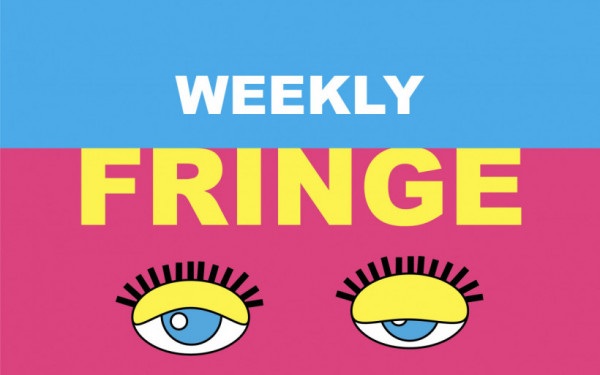Come Prepared
Many of the sexual health questions I respond to involve helping people navigate emergency situations. It’s easy for people to panic if something goes wrong and they don’t know what their options are.
A condom breaking during sex, a forgotten birth control dose or an unwanted pregnancy can be stressful situations, and having to find information or make a decision when you’re already in them can be overwhelming.
This week I wanted to share a practical tool that I always recommend to help navigate these kinds of situations: sexual health strategies.
Many of us already have vague ideas of what we would do if something went wrong, but a sexual health strategy is a specific step-by-step action plan for these situations. It should be personal, well thought out, revised and even practiced so that it’s of actual use to you. Kind of like a fire drill.
I started using sexual health strategies when I first became sexually active because while I was really fascinated by sex, I was also terrified of the risks.
I would learn everything I could about a specific STI and then become really paranoid that I had it. While being informed is awesome, the paranoia wasn’t compatible with fully embracing and exploring my sexuality. This led me to start carefully thinking out the worst-case scenarios of my fears in order to create strategies to help me deal with them and reduce my anxiety.
I’ve found this to be really helpful in my personal life, but also in helping others manage undesirable situations with more ease.
A sexual strategy means identifying your options and having answers to your questions before you need them. It’s going through the motions without the stress and time constraints of being in the actual situation.
For example, let’s say a condom breaks during vaginal penetration. What options do you have when a condom breaks? Maybe you’ll want to get emergency contraception (EC, “the morning-after pill”), in which case you’ll need to figure out where and how you would get it.
Maybe you’ll want to get tested for STIs, in which case you’ll need to figure out where you would go, how long it would take to make an appointment and how long you’d need to wait for your results.
From here, find out what you need to know to build your strategy. For example, if you wanted to get emergency contraception, you might talk to your doctor or pharmacist about how it works, how and where you would get it, the timeframe during which you can take it, what questions you will be asked during a consultation, whether it can be covered by insurance, and any other questions you might have.
Now you have the information with which to create your final strategy for emergency contraception. It might look something like this:
(1) Go to the pharmacy within 120 hours of the encounter—the earlier, the better.
(2) Ask to speak to the pharmacist.
(3) Answer questions on the method of protection you use, the date of your last period, reactions to other medications, history with emergency contraception, etc.
(4) Obtain and take emergency contraception.
(5) Stay aware of the expected date of your next period in case you want to take a pregnancy test.
This is just one example of a sexual health strategy; yours for the same situation might be a little different. The key is to really make them your own and with enough detail so that they’re relevant and easy to follow.
Sexual strategies can be applied to any aspect of sex that could require preparation, such as an unwanted pregnancy, a STI diagnosis, communicating boundaries with a partner, discussing consent, or anything else you can think of.
Sexual strategies make you think about these situations ahead of time, so you can act confidently in the moment instead of panicking or feeling unsure.
Share your sexual health strategies on the “Sex & Pancakes” Facebook page and submit your sex and relationship questions anonymously at sex-pancakes.com.







